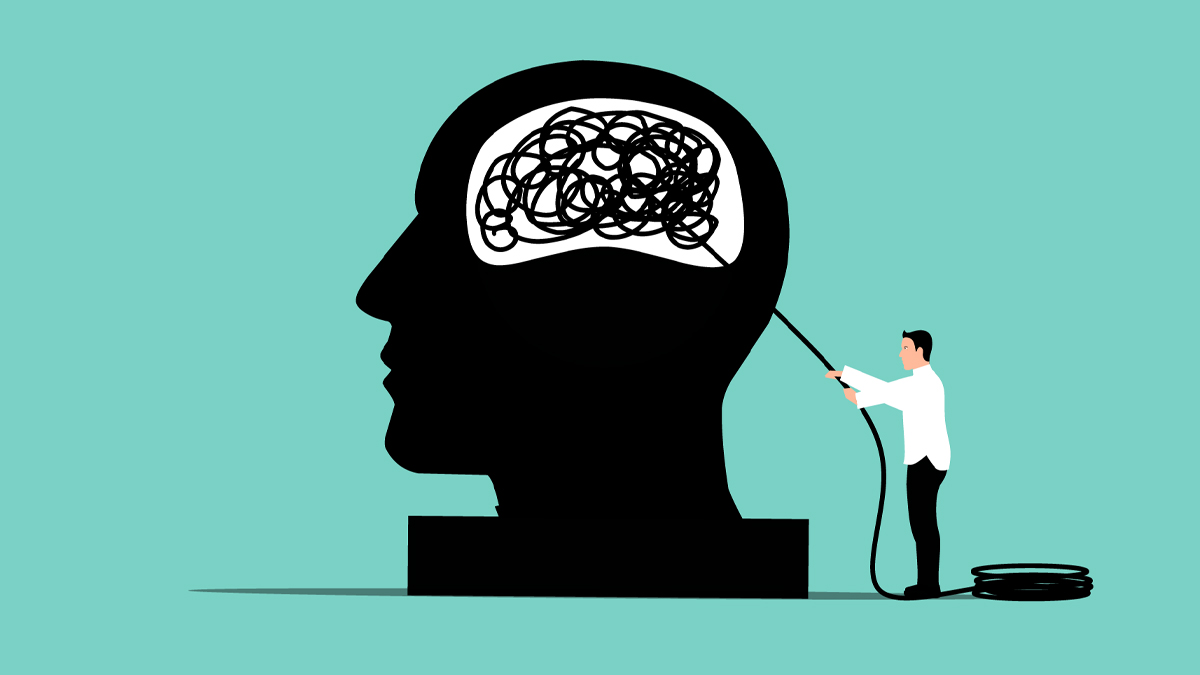
Actor Kartik Aaryan, currently promoting his highly anticipated film Bhool Bhulaiyaa 3, recently admitted in an interview that he’s struggling with work-related burnout. With a packed schedule and a mind constantly occupied with work, Kartik shared his experience of feeling stretched thin, echoing a sentiment that resonates with many in today’s fast-paced, productivity-driven society. In Kartik’s words, he’s found himself needing more personal time, admitting that he’s been “constantly working,” leading to exhaustion and little time to focus on his own well-being.
Table of Content:-
Burnout isn’t exclusive to public figures—it's a common issue affecting people in various professions, often quietly creeping up on individuals before they realise the toll it’s taking on their health. Below are some key warning signs that may indicate your body is on the brink of burnout and needs attention.
Warning Signs Your Body Wants You To Notice

Persistent Fatigue: The Feeling of Never Being Fully Rested
One of the earliest signs of burnout is constant fatigue, which can feel like a physical and mental drain that doesn’t go away with sleep or rest. Individuals experiencing this kind of fatigue might notice that even simple tasks require significant effort, making each day feel more exhausting than the last. Chronic fatigue can manifest as persistent tiredness, sluggishness, and a lack of motivation to engage in activities, both work-related and personal. If you’re consistently feeling physically depleted, it may be time to take a step back and evaluate the demands placed on your energy levels.
Also Read: Fabulous Lives Vs Bollywood Wives Star Shalini Passi Reveals Struggle with Sunlight Sensitivity
Trouble with Sleep Patterns: Struggling to Rest
A major red flag of burnout is difficulty with sleep. Many people experiencing burnout report struggles with falling asleep, staying asleep, or waking up feeling unrested despite having a full night’s sleep. This lack of quality sleep can lead to a vicious cycle where exhaustion worsens over time, making it difficult to function at work and in personal life. If your mind races as you try to fall asleep, constantly going over the day's tasks or worrying about tomorrow, you may be exhibiting a classic symptom of burnout.
View this post on Instagram
Changes in Appetite: An Unusual Relationship with Food
Burnout can also affect your eating habits, often leading to changes in appetite. For some, it may result in a suppressed appetite where food no longer seems appealing. Others may notice an increase in cravings for comfort foods, as overeating becomes a coping mechanism for stress. This can create health issues, with either under-nourishment or weight gain further impacting energy levels. Monitoring these changes is essential, as fluctuations in appetite are often overlooked but can signal a body under stress.
Increased Susceptibility to Illness: A Weakened Immune System
The connection between stress and immune function is well-documented. People undergoing prolonged periods of stress and exhaustion often find themselves more vulnerable to common illnesses, such as colds and infections. If you’re catching colds more frequently or notice a slower recovery from minor ailments, burnout may be at play. Chronic stress can weaken the immune response, leaving the body more exposed to viruses and bacteria. Paying attention to how often you fall ill can provide insight into the overall state of your health and stress levels.
Emotional Exhaustion: Feelings of Detachment and Isolation
Beyond physical symptoms, burnout has a profound effect on emotional health. Individuals experiencing burnout may find themselves emotionally drained, with little patience or energy left for others. This can lead to feelings of detachment and, in some cases, even isolation from friends, family, or colleagues. Emotional exhaustion can make day-to-day interactions feel overwhelming, and activities that once brought joy may feel like a burden. Additionally, procrastination or avoidance may increase, as the weight of responsibilities becomes harder to manage. This shift in emotional well-being is a clear indicator that something is amiss, and addressing it can prevent further decline in mental health.
Balancing Life and Work to Combat Burnout
Kartik Aaryan’s openness about his struggle with burnout serves as a reminder that even those who appear successful and put-together can find themselves stretched too thin. Taking time off, setting boundaries, and being mindful of one's limits are crucial steps toward balancing work and personal life. Recognising the signs of burnout early can enable you to make necessary changes before your health and well-being are impacted further.
Also watch this video
How we keep this article up to date:
We work with experts and keep a close eye on the latest in health and wellness. Whenever there is a new research or helpful information, we update our articles with accurate and useful advice.
Current Version